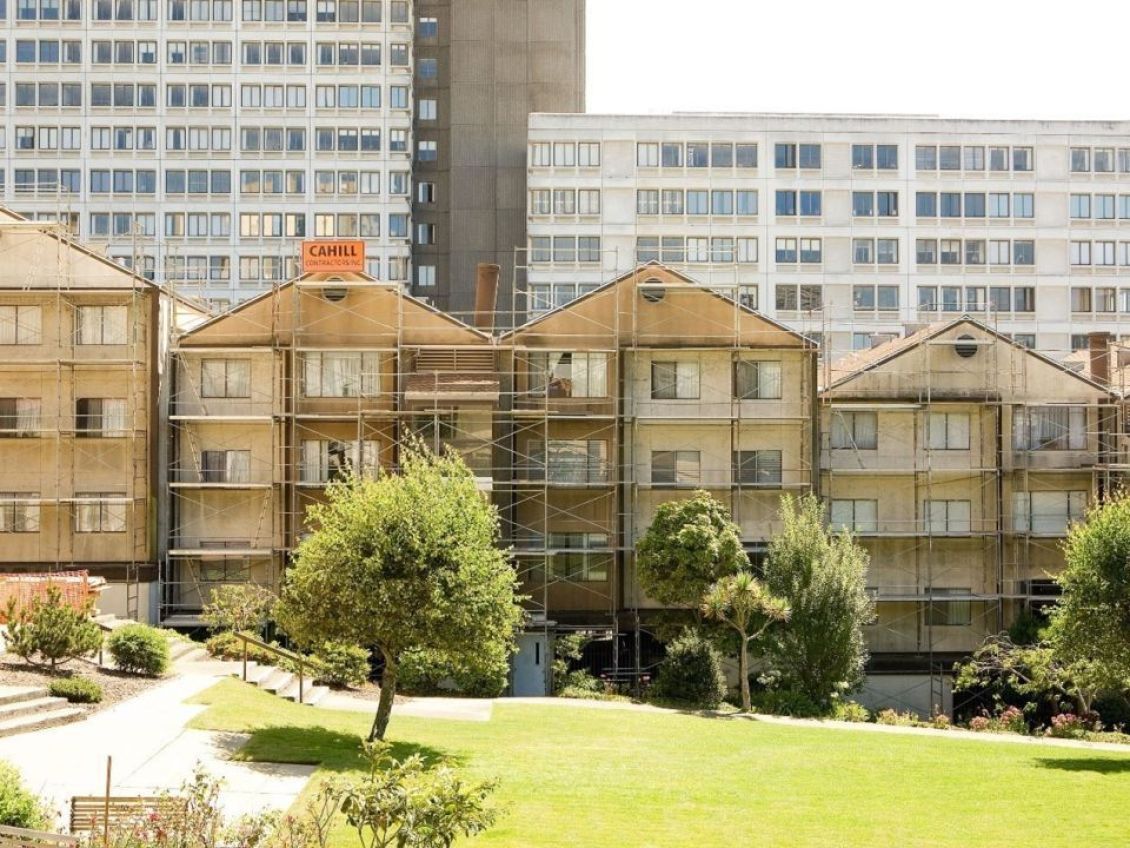Thousands of Californians every year are in jeopardy of losing their homes because their landlords are in foreclosure or are not adequately maintaining their property. These at-risk members of our communities – including children – are more likely to be lower-income and are vulnerable to displacement or falling into homelessness.
Instead of letting these households succumb to the uncertainty of California’s real estate market, Gov. Gavin Newsom and the California State Legislature wisely approved the creation of and authorized funding for the Foreclosure Intervention Housing Preservation Program (FIHPP) in 2021.
Just as these critical funds are poised to reach communities and make a difference, FIHPP funding was recommended to be eliminated last week in the Governor's revised May budget proposal. This short-sighted decision squanders years of work to build the expertise and infrastructure to deploy the funding effectively and efficiently in communities and keep Californians safely housed.
FIHPP funds nonprofit housing organizations to purchase rental properties in or at risk of foreclosure, allowing them to quickly convert into long-term affordable housing. However, in the face of an estimated statewide budget deficit of tens of billions, FIHPP is on the chopping block, with the $500 million program budget at risk of elimination.
Last year alone, over 31,000 FIHPP-eligible properties statewide received a notice of default, putting families at high risk of displacement.
Without intervention, as we saw during the 2008 housing crisis, foreclosed properties are easy targets for bad actor landlords and investors who double and triple rents, evict families, and flip properties for resale or rent at higher rates. These transactions contribute to our extreme and worsening state homelessness crisis by eliminating some of the few remaining affordable homes available on the private market.
FIHPP builds off proven, successful affordable housing preservation models in local jurisdictions across the state and the country, recognizing that acquiring and preserving properties for affordable housing is a critical part of our state’s housing strategy, and a growing need. Preservation is also an extremely expedient way to add to the affordable housing stock, creating affordable homes in one to two years rather than the conventional five to seven years needed to build new.
Now is not the time to eliminate a program that can make a significant difference now.
Project pipeline: Nonprofit community groups have projects lined up for FIHPP to come online now. In a survey recently conducted with a cross-section of mission-driven housing organizations from across California, 58 organizations are either planning to or considering applying for FIHPP dollars and are hoping to preserve 162 buildings across about 15 jurisdictions.
Readiness: The team of nonprofit lenders and program administrators—including the organizations that we represent, LISC Bay Area and Enterprise Community Partners—has been laying the groundwork for FIHPP's success. This includes training and technical assistance, identifying capital that could be leveraged with FIHPP funding, and developing the technical details of the program implementation. The state should not miss the opportunity to take advantage of this preparation and readiness.
Market opportunity: The high interest rate environment means purchase prices are stable or lower than they have been, a perfect time to support nonprofit acquisitions and a wise countercyclical investment of public funds.
This is not the moment to choose damaging cuts to FIHPP and other critical statewide affordable housing programs that our coalition of partners strongly opposes. In a state with a devastating housing crisis that is driving more and more of our community members into homelessness, affordable housing should always be prioritized. If these cuts are made, communities in all corners of the state will continue to lose affordable homes, and the lowest-income residents will lose out on the opportunity to live in stable, quality homes.
Saving FIHPP means sparing Californians from the preventable tragedies of displacement and homelessness, and we urge policymakers to make the right choice to maintain this critical funding.

